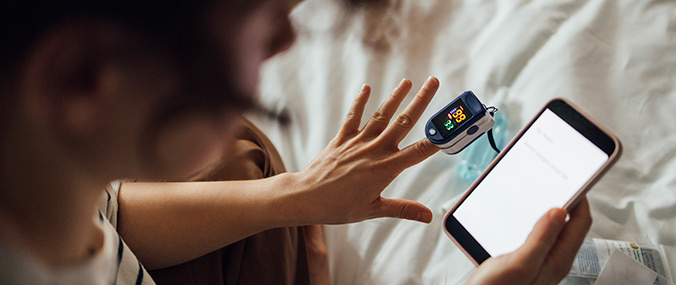Medicine is constantly evolving, with new advancements and tools introduced regularly. These changes serve as a testament to the progress made in the medical field and the mistakes made along the way. Some of these changes have resulted in improved treatment options, like the ECG machine, while others have highlighted the fallibility of medicine. In the archives, we can see examples of both embraced tools, such as the 'Improved Magneto-Electric Machine' for nervous diseases, and new technologies, like chloroform masks in childbirth, which had the potential to cause harm.
As new technologies develop, they raise further questions. With digital tools, patients gain access to more information about their health and can take a more active role in their treatment. Portable ultrasounds can be especially valuable in remote regions where doctors can quickly detect internal bleeding as GPs do not have to wait for ambulance crews to arrive. However, the increasing use of digital tools brings into question the diminishing importance of home visits in general practice.
Listen to the collection
The past century has seen many changes in how GPs have practiced. Dr Lloyd describes that digital technology has significantly impacted how GPs and patients interact. Dr Mackintosh asks what role will these technologies play in the future, and what will be the place of AI?
Snapshots from the archives
The GP's role and their bag are always changing and adapting. These reflections from the archive show some of these changes are causes for celebration, and others for reflection. Yet, as one GP from Cardiff reflects, the core of the work always remains the same no matter what.
"Looking back, I increasingly realise what changes occurred in 1948. The implementation of the GP charter was a significant milestone, and now advancements in communication are poised to bring about another revolution. My son, who is a GP and lives next door, has access to incredible technology that never ceases to amaze me. I feel excited when I think about the changes I helped to bring about, but the story of Derbyshire House is a separate matter."
"When I qualified, the hospital wards were often occupied by illnesses that are now uncommon, such as rheumatic fever and its associated heart problems, osteomyelitis, tuberculosis, and acute nephritis. Although the use of antibiotics was still in its early stages, drugs like Prontosil and those developed by May and Baker gave us hope in our ability to fight infections. Before their development, isolation was the only option for treating scarlet fever. Aside from the smallpox vaccine, preventative medicine primarily focused on basic hygiene. Cases of puerperal fever were rampant during this time.
"The ideas of emotional dysfunction developed by Freud and his followers were gradually coming into general acceptance.
"Illnesses that used to be common are now rare or more straightforward to treat. Doctors are busier with surgeries, giving out tablets and shots instead of medicine bottles. Unfortunately, new diseases like AIDS have taken over. The Health Service hasn't done as many amazing things as we hoped because they focus too much on administration, business methods, and computer research.
"I had high hopes for the College of GPs, but those hopes have faded. However, the young doctors I meet nowadays are still just as smart and enthusiastic as they were when I was young. I'm feeling a bit down."
"We both found our work to be enjoyable and fulfilling. While General Practice is a great career choice for women, having a genuine interest in this field is important.
"To love people
To enjoy caring for them
To have a desire for this work
To be prepared to work hard and not to be upset if the work sometimes interferes with family life.
Visiting is important to treat the person."

The midwifery bag contains various instruments and a matte black perspex material.
Science Museum Group Collection
© The Board of Trustees of the Science Museum
Thank you for your feedback. Your response will help improve this page.


